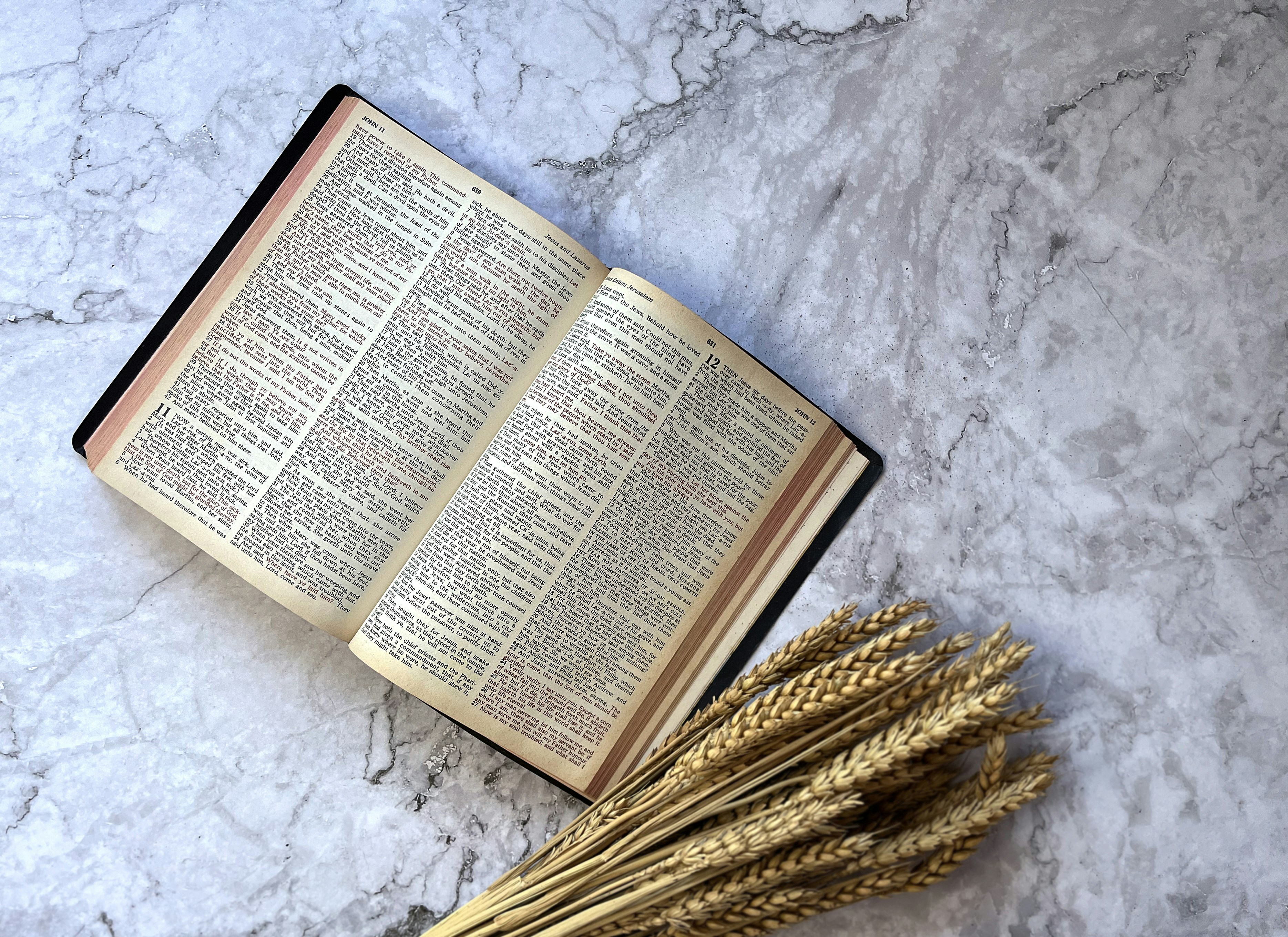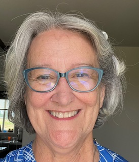The nearest experience I have had of “transfiguration” was the first evening at the Eucharistic Congress last year in Indianapolis. I was one of the last ones to arrive at Lucas Oil Stadium and slipped into a seat on an upper level just as exposition of the Blessed Sacrament was beginning. The entire stadium was in darkness, and silence had settled on the minds and hearts of everyone as we turned our gaze to the altar. The only lights in the stadium were directed to the center of the stadium where Jesus was exposed in the Blessed Sacrament. 50,000 voices quietly began to sing reverently, O Salutaris Hostia.
All of us that night felt surrounded by the hosts of heaven as we adored the King of kings and the Lord of the universe. On our knees, like Peter, James, and John, we were overwhelmed by God’s glory. (Although I certainly had no inclination to build a tent there in the Stadium!)
That night I was given just the tiniest of glimpses of the potential for the restoration and transfiguration of the entire world in Christ. I can’t remember that evening, or re-live it by watching it on YouTube, or re-enter it as I receive Holy Communion at Mass on any given day without tears of joy.
In the Transfiguration on Mount Tabor, we see Christ’s human nature filled with splendor. What has happened to human nature in Christ can happen also to our human nature as His followers. The glory that shown on the face of Christ shows us the glory which, by God’s grace, will transform our fallen human nature, restoring its original glory. As Christ’s disciples, we have the potential of participating in the glory of Christ’s Transfiguration.
Each time we participate in the Mass, we enter into the dimension of glory. Each sacramental encounter continues the mystery of the Transfiguration. Through the sacraments we venture into eternity. We discover ourselves and our world transformed by the gift of Jesus’ love and mercy. Through baptism we are radically transformed into a new creation. Through the sacrament of Reconciliation we are restored to life when we have been wounded by sin. Through the Eucharist we are united to Christ, take our place at the banquet of the Lamb, and get a glimpse of what awaits us in the life to come.
Every day, as we behold the Transfigured Christ in prayer and sacrament, we are gradually transformed, as Saint Paul said, “All of us, gazing with unveiled face on the glory of the Lord, are being transformed into the same image from glory to glory” (2 Cor 3:18).
La experiencia más cercana que he tenido de una “transfiguración” fue la primera noche del Congreso Eucarístico del año pasado en Indianápolis. Fui uno de los últimos en llegar al Estadio Lucas Oil y me senté en un asiento en el nivel superior justo cuando comenzaba la exposición del Santísimo Sacramento. Todo el estadio estaba a oscuras, y el silencio se había apoderado de la mente y el corazón de todos al dirigir la mirada al altar. Las únicas luces del estadio estaban dirigidas al centro, donde Jesús estaba expuesto en el Santísimo Sacramento. 50.000 voces comenzaron a cantar O Salutaris Hostia en voz baja con reverencia.
Esa noche, todos nos sentimos rodeados por las huestes celestiales mientras adorábamos al Rey de reyes y Señor del universo. De rodillas, como Pedro, Santiago y Juan, nos sentimos abrumados por la gloria de Dios. (¡Aunque ciertamente no tenía ningunas ganas de montar una carpa allí en el estadio!)
Esa noche, apenas pude vislumbrar el potencial de la restauración y transfiguración del mundo entero en Cristo. No puedo recordar esa noche, ni revivirla viéndola en YouTube, ni revivirla al recibir la Sagrada Comunión en la misa cualquier día sin llorar de alegría.
En la Transfiguración en el Monte Tabor, vemos la naturaleza humana de Cristo llena de esplendor. Lo que le sucedió a la naturaleza humana en Cristo puede suceder también a la nuestra como seguidores suyos. La gloria que se reflejó en el rostro de Cristo nos muestra la gloria que, por la gracia de Dios, transformará nuestra naturaleza humana caída, restaurando su gloria original. Como discípulos de Cristo, tenemos el potencial de participar en la gloria de la Transfiguración de Cristo.
Cada vez que participamos en la Misa, entramos en la dimensión de la gloria. Cada encuentro sacramental continúa el misterio de la Transfiguración. A través de los sacramentos nos adentramos en la eternidad. Nos descubrimos a nosotros mismos y a nuestro mundo transformados por el don del amor y la misericordia de Jesús. Mediante el bautismo somos transformados radicalmente en una nueva creación. Mediante el sacramento de la Reconciliación, volvemos a la vida tras haber sido heridos por el pecado. Mediante la Eucaristía nos unimos a Cristo, ocupamos nuestro lugar en el banquete del Cordero y vislumbramos lo que nos espera en la vida venidera.
Cada día, al contemplar a Cristo transfigurado en la oración y el sacramento, nos transformamos gradualmente, como dijo san Pablo: “Todos nosotros, contemplando a cara descubierta la gloria del Señor, nos transformamos en la misma imagen de gloria en gloria” (2 Co 3,18).

Sr. Kathryn James Hermes, FSP, is an author and offers online evangelization as well as spiritual formation for people on their journey of spiritual transformation and inner healing. Website: www.touchingthesunrise.com My Books: https://touchingthesunrise.com/books/
Public Facebook Group: https://www.facebook.com/groups/srkathrynhermes/ HeartWork Spiritual Formation Group: https://touchingthesunrise.com/heartwork/
Feature Image Credit: Titian, Public domain, commons.wikimedia.org/wiki/File:Titian_Transfiguration_c1560_SanSalvador.jpg
The views and opinions expressed in the Inspiration Daily blog are solely those of the original authors and contributors. These views and opinions do not necessarily represent those of Diocesan, the Diocesan staff, or other contributors to this blog.
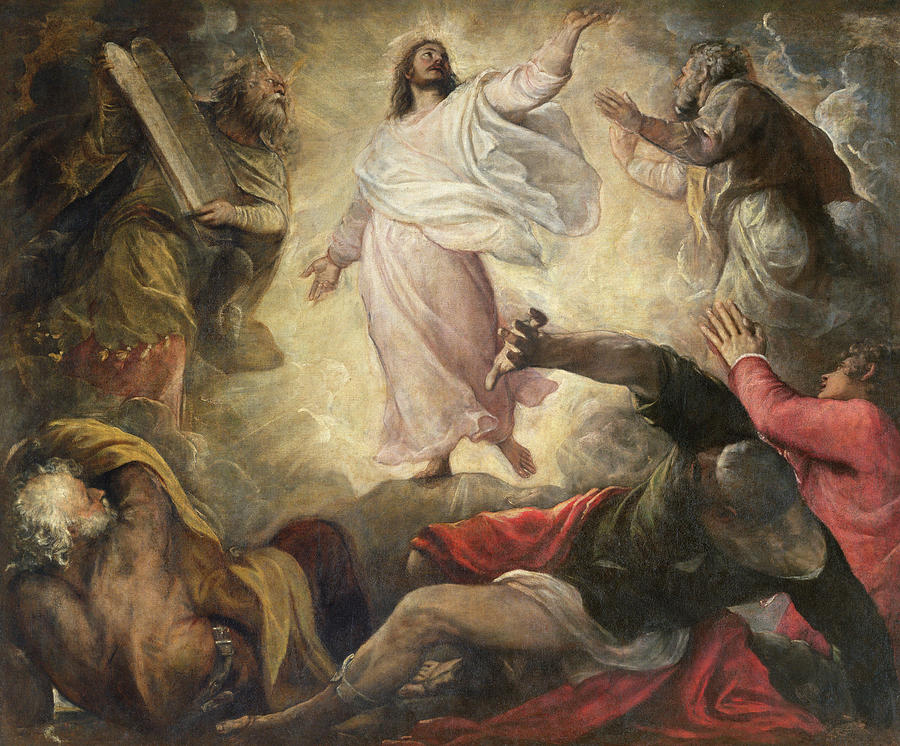

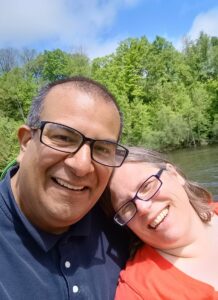 Felix Urcia was born in Lima, Peru. He moved the U.S. to complete his college degree in Computer Science at Northern Kentucky University. He is passionate about his faith, his family, education and soccer. When he is not homeschooling and caring for his young children he enjoys personal programing projects and sports analysis. He and wife live in a small town in Western Michigan where they enjoy spending time with their five children.
Felix Urcia was born in Lima, Peru. He moved the U.S. to complete his college degree in Computer Science at Northern Kentucky University. He is passionate about his faith, his family, education and soccer. When he is not homeschooling and caring for his young children he enjoys personal programing projects and sports analysis. He and wife live in a small town in Western Michigan where they enjoy spending time with their five children.

 Kathryn Mulderink, MA, is married to Robert, Station Manager for Holy Family Radio. Together they have seven children (including Father Rob), and eleven grandchildren. She is President of the local community of Secular Discalced Carmelites and has published five books and many articles. Over the last 30 years, she has worked as a teacher, headmistress, catechist, Pastoral Associate, and DRE, and as a writer and voice talent for Catholic Radio. Currently, she serves the Church by writing and speaking, and by collaborating with various parishes and to lead others to encounter Christ and engage their faith. Her website is
Kathryn Mulderink, MA, is married to Robert, Station Manager for Holy Family Radio. Together they have seven children (including Father Rob), and eleven grandchildren. She is President of the local community of Secular Discalced Carmelites and has published five books and many articles. Over the last 30 years, she has worked as a teacher, headmistress, catechist, Pastoral Associate, and DRE, and as a writer and voice talent for Catholic Radio. Currently, she serves the Church by writing and speaking, and by collaborating with various parishes and to lead others to encounter Christ and engage their faith. Her website is 
 Tami Urcia is a midwestern gal from a large Catholic family. As a young adulthood she was a missionary in Mexico, where she studied theology and philosophy. After returning stateside bilingual, she gained a variety of work experience, traveled extensively and finished her Bachelor’s Degree at Brescia University. She loves organizing and simplifying things, watching her children play sports, deep conversations with close family and friends and finding unique ways to brighten others’ day with Christ’s love. She works full time at Diocesan in the Software Department and manages the Inspiration Daily reflections. She is also a contributing writer on
Tami Urcia is a midwestern gal from a large Catholic family. As a young adulthood she was a missionary in Mexico, where she studied theology and philosophy. After returning stateside bilingual, she gained a variety of work experience, traveled extensively and finished her Bachelor’s Degree at Brescia University. She loves organizing and simplifying things, watching her children play sports, deep conversations with close family and friends and finding unique ways to brighten others’ day with Christ’s love. She works full time at Diocesan in the Software Department and manages the Inspiration Daily reflections. She is also a contributing writer on 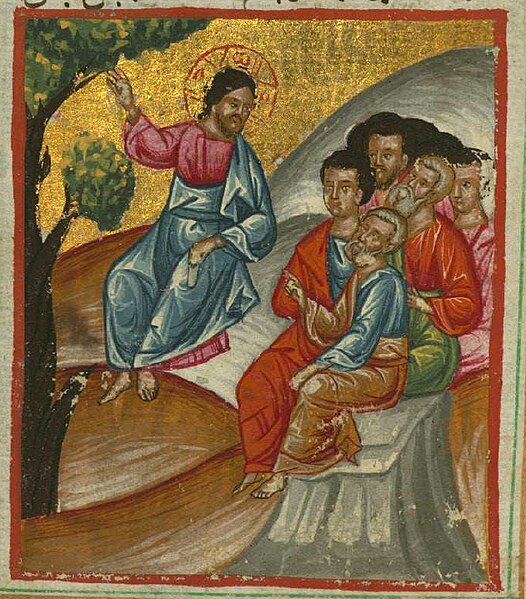
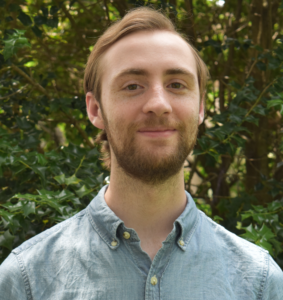 David Dashiell is a freelance author and editor in the Nashville, Tennessee area. He has three children, a degree in theology, and enjoys writing about philosophy, theology, culture, music, and comedy. You can find his personal blog, Serious Daydreams, on
David Dashiell is a freelance author and editor in the Nashville, Tennessee area. He has three children, a degree in theology, and enjoys writing about philosophy, theology, culture, music, and comedy. You can find his personal blog, Serious Daydreams, on 
 Former NPS Park Ranger, Catholic educator, and Youth Minister, Melissa Lucca now spends her days evangelizing family and neighbors as a stay-at-home mom. She holds an MA in Theology from the Augustine Institute and pursues personal study in her spare time. Melissa loves Ignatian Spirituality, Mother Mary, and rock climbing. If you don’t hear her and her kiddo laughing at home, then they are probably out on an adventure!
Former NPS Park Ranger, Catholic educator, and Youth Minister, Melissa Lucca now spends her days evangelizing family and neighbors as a stay-at-home mom. She holds an MA in Theology from the Augustine Institute and pursues personal study in her spare time. Melissa loves Ignatian Spirituality, Mother Mary, and rock climbing. If you don’t hear her and her kiddo laughing at home, then they are probably out on an adventure!
 Deanna G. Bartalini, M.Ed.; M.P.A., is a certified spiritual director, writer, speaker and content creator. The
Deanna G. Bartalini, M.Ed.; M.P.A., is a certified spiritual director, writer, speaker and content creator. The 


